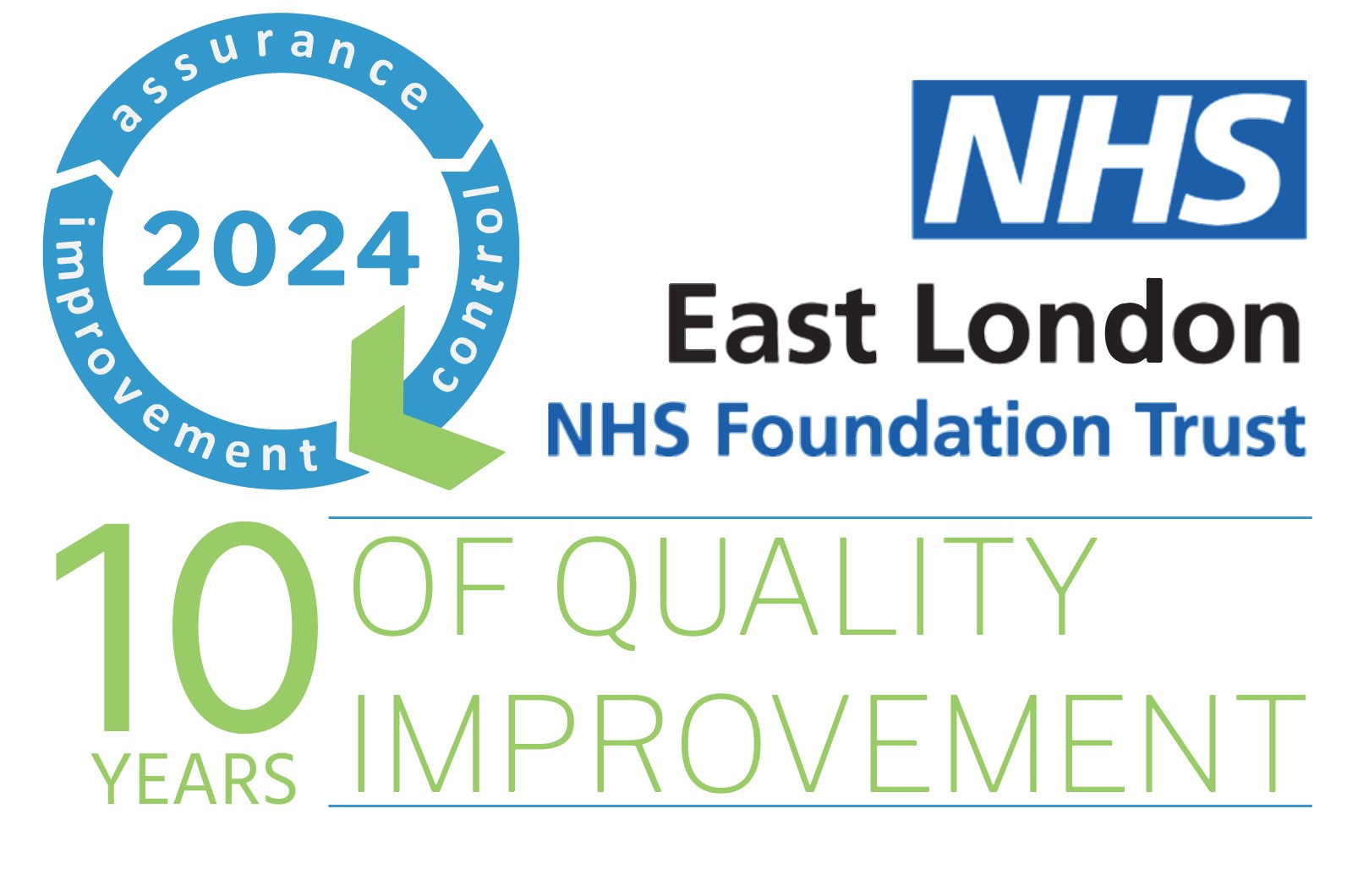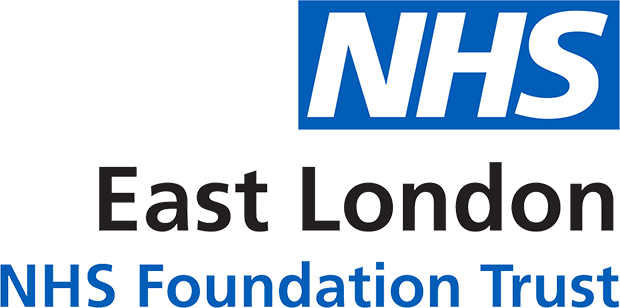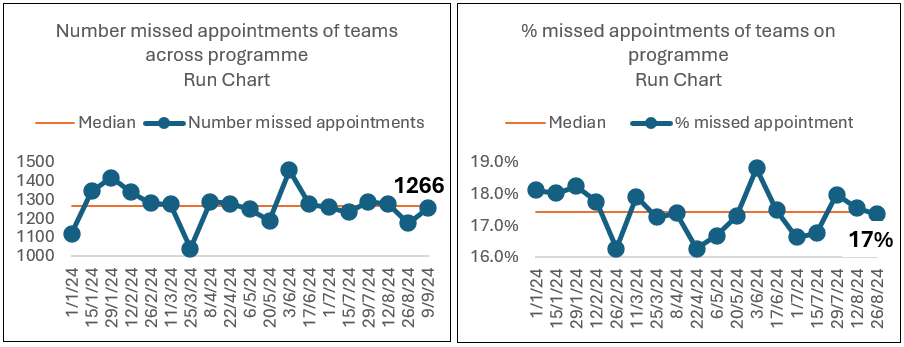Pursuing Equity: Bridging the missed appointments gap using Quality Improvement
By Sarah McAllister (Head of Improvement Programmes)
Across services at East London NHS Foundation Trust, data reveals that service users from the most deprived neighbourhoods are more likely to miss their appointments than those from more affluent areas. This disparity leads to longer waiting times, reduced productivity and efficiency and poorer health outcomes for those who need care the most. But we can change this, and the Pursuing Equity Programme is here to make that happen!
The Pursuing Equity Programme has brought together 31 teams from across ELFT and offered the chance to unite service users and staff from adult and older adult mental health, community health, specialist services, primary care and child and adolescent mental health services to reduce their missed appointments and tackle these inequities head-on. With the support of QI, Data & Analytics, Population Health, and People Participation, teams will collaborate, innovate, and test ideas to create more equitable healthcare and a more productive and efficient service for all. Together, we aim to close the gap, reduce the waste of missed appointments, and ensure that no one’s health is left behind.
A Collective Effort for Change
Across the teams on this programme, 17% of appointments are missed. What’s more, those living in the most deprived areas are about 4.5 times more likely to miss their appointments compared to those from more affluent areas. That equates to an average of 1,266 missed appointments every two weeks—a staggering number with real consequences for service productivity and for those who need care the most.
To tackle this, we have provided teams with a programme-level theory of change. This offers a framework for understanding the drivers behind missed appointments and offers a practical “menu” of evidence-based change ideas. From patient-initiated follow-ups to community-based local hubs and automated text reminders, teams are testing a wide range of solutions.
Innovative Ideas in Action
So far, seven teams are actively testing change ideas, while four more have ideas in development. Some of the ideas being tested and developed include offering low-risk patients the option of initiating their own follow-up appointments, peer-support workers making reminder calls, automated text reminders, and distributing translated information packs about the services. One particularly innovative approach is the outreach service due to be provided in a homeless women’s shelter, ensuring care reaches those who might otherwise not receive it.
In City & Hackney, eight Neighbourhood Mental Health Teams (NMHTs) are collaborating to reduce missed appointments. Well Street Common and Woodberry Wetlands teams have tested automated text reminders and circulating their missed appointments policy to teams. They have already made significant strides, reducing missed appointments from 26% to 19% and from 26% to 12%, respectively. These teams will soon work on embedding these changes into their everyday practice and spreading successful ideas across the other six NMHTs.
Supporting Teams for Success
The Pursuing Equity Programme offers comprehensive support to help teams succeed. Teams participate in 50-minute monthly learning sessions where they can share insights and learn from one another. They also have access to a “change idea menu” that outlines the programme’s theory of change and offers practical, evidence-based strategies they can use to reduce missed appointments.
Work is underway with the Trust’s Digital team to develop a robust set of digital change options to improve communication with patients regarding appointments and investigate options to enhance staff and patient experience with these functions.
We have also partnered with Population Health and Poverty Proofing charity leads to offer a Trust wide session that will introduce a set of tools focused on tackling poverty in our most deprived communities.
Teams also come together each month in 50-minute virtual learning sessions. So far, the sessions have included things such as deep diving into the programme-level and team level data, hearing a powerful story from one of our service users on the impact of missed appointments, and provided space for teams to plan their first tests of change.
In partnership with the Data & Analytics team, teams receive fortnightly reports on their aggregated and individual missed appointment data to track progress and understand what is working. A PowerBI dashboard also provides teams with the ability to compare their missed appointment data across various equity metrics, including deprivation, gender, ethnicity, age and sexual orientation.
Did you know that all teams who use RiO as their patient record system can access their equity data from the PowerBI dashboard? See below for where to find this.
Conclusion
The Pursuing Equity Programme is about more than just numbers. It’s about changing lives by ensuring that every service user, no matter where they live, has equal access to the care they need. It’s also about making the most of our resources by reducing the waste caused by missed appointments and ensuring that our clinical teams are operating at their highest levels of productivity and efficiency. With innovative change ideas, collaborative teamwork, and the right support, this programme will not only close the missed appointment gap but also create fairer, more equitable and efficient services for all.









